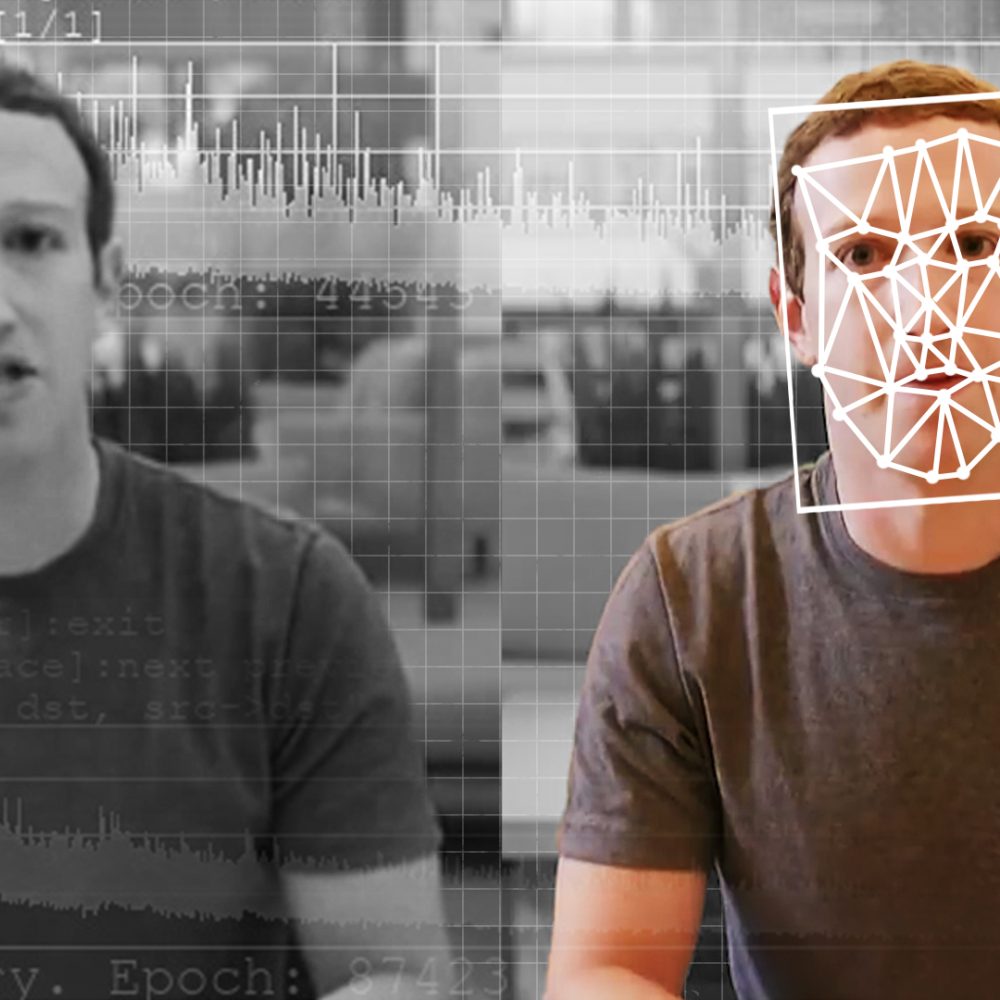Skip to content
Reality Defender says it has a solution for AI-generated video scams.

Christopher Ren does a solid Elon Musk impression.
Ren is a product manager at Reality Defender, a company that makes tools to combat AI disinformation. During a video call last week, I watched him use some viral GitHub code and a single photo to generate a simplistic deepfake of Elon Musk that maps onto his own face. This digital impersonation was to demonstrate how the startup’s new AI detection tool could work. As Ren masqueraded as Musk on our video chat, still frames from the call were actively sent over to Reality Defender’s custom model for analysis, and the company’s widget on the screen alerted me to the fact that I was likely looking at an AI-generated deepfake and not the real Elon.

Sure, I never really thought we were on a video call with Musk, and the demonstration was built specifically to make Reality Defender's early-stage tech look impressive, but the problem is entirely genuine. Real-time video deepfakes are a growing threat for governments, businesses, and individuals. Recently, the chairman of the US Senate Committee on Foreign Relations mistakenly took a video call with someone pretending to be a Ukrainian official. An international engineering company lost millions of dollars earlier in 2024 when one employee was tricked by a deepfake video call. Also, romance scams targeting everyday individuals have employed similar techniques.
“It's probably only a matter of months before we're going to start seeing an explosion of deepfake video, face-to-face fraud,” says Ben Colman, CEO and cofounder at Reality Defender. When it comes to video calls, especially in high-stakes situations, seeing should not be believing.
The startup is laser-focused on partnering with business and government clients to help thwart AI-powered deepfakes. Even with this core mission, Colman doesn’t want his company to be seen as more broadly standing against artificial intelligence developments. “We're very pro-AI,” he says. “We think that 99.999 percent of use cases are transformational—for medicine, for productivity, for creativity—but in these kinds of very, very small edge cases the risks are disproportionately bad.”
Reality Defender’s plan for the real-time detector is to start with a plug-in for Zoom that can make active predictions about whether others on a video call are real or AI-powered impersonations. The company is currently working on benchmarking the tool to determine how accurately it discerns real video participants from fake ones. Unfortunately, it’s not something you’ll likely be able to try out soon. The new software feature will only be available in beta for some of the startup’s clients.
This announcement is not the first time a tech company has shared plans to help spot real-time deepfakes. In 2022, Intel debuted its FakeCatcher tool for deepfake detection. The FakeCatcher is designed to analyze changes in a face’s blood flow to determine whether a video participant is real. Intel’s tool is also not publicly available.
Academic researchers are also looking into different approaches to address this specific kind of deepfake threat. “These systems are becoming so sophisticated to create deepfakes. We need even less data now,” says Govind Mittal, a computer science PhD candidate at New York University. “If I have 10 pictures of me on Instagram, somebody can take that. They can target normal people.”
Real-time deepfakes are no longer limited to billionaires, public figures, or those who have extensive online presences. Mittal’s research at NYU, with professors Chinmay Hegde and Nasir Memon, proposes a potential challenge-based approach to blocking AI-bots from video calls, where participants would have to pass a kind of video CAPTCHA test before joining.
As Reality Defender works to improve the detection accuracy of its models, Colman says that access to more data is a critical challenge to overcome—a common refrain from the current batch of AI-focused startups. He’s hopeful more partnerships will fill in these gaps, and without specifics, hints at multiple new deals likely coming next year. After ElevenLabs was tied to a deepfake voice call of US president Joe Biden, the AI-audio startup struck a deal with Reality Defender to mitigate potential misuse.
What can you do right now to protect yourself from video call scams? Just like WIRED’s core advice about avoiding fraud from AI voice calls, not getting cocky about whether you can spot video deepfakes is critical to avoid being scammed. The technology in this space continues to evolve rapidly, and any telltale signs you rely on now to spot AI deepfakes may not be as dependable with the next upgrades to underlying models.
“We don't ask my 80-year-old mother to flag ransomware in an email,” says Colman. “Because she's not a computer science expert.” In the future, it’s possible real-time video authentication, if AI detection continues to improve and shows to be reliably accurate, will be as taken for granted as that malware scanner quietly humming along in the background of your email inbox.
This story originally appeared on wired.com.
Wired.com is your essential daily guide to what's next, delivering the most original and complete take you'll find anywhere on innovation's impact on technology, science, business and culture.
